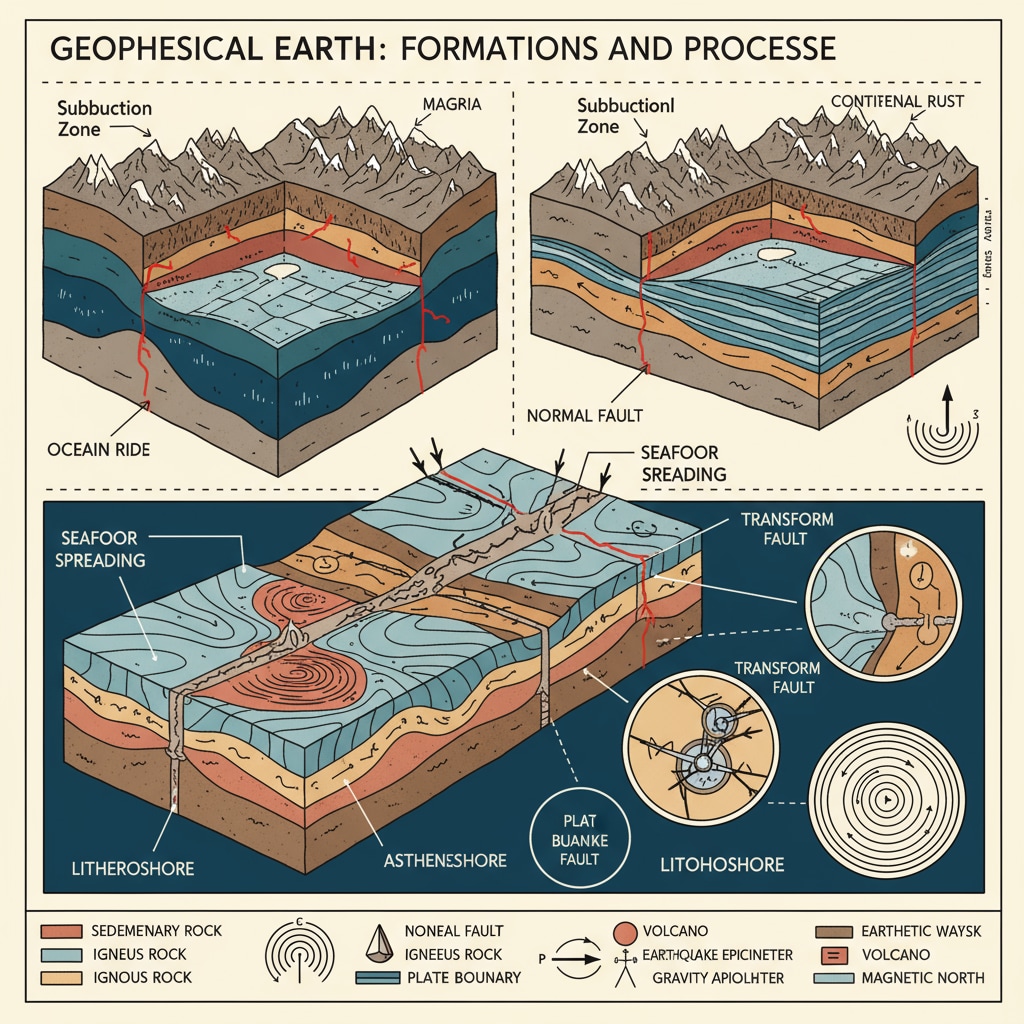Geophysics, employment dilemmas, and second master’s degrees are topics that have been on the minds of many earth science professionals lately. The job market for geophysics graduates has been challenging in recent years. However, there are new opportunities emerging, especially when considering a shift in career paths, often facilitated by obtaining a second master’s degree.

The Employment Dilemma in Geophysics
The field of geophysics has long been a cornerstone of earth science research. Geophysicists study the physical properties of the Earth, from its interior structure to its magnetic fields. However, the job market for these professionals has become increasingly competitive. Traditional industries such as oil and gas exploration, which have been major employers of geophysicists, are facing a slowdown. As a result, many geophysics graduates are finding it difficult to secure stable employment.
For example, according to data from the U.S. Bureau of Labor Statistics Geoscientists on BLS, the growth rate of geophysics-related jobs has not kept pace with the number of graduates in recent years. This imbalance between supply and demand has led to the employment dilemmas that many geophysics professionals are currently facing.
The Role of a Second Master’s Degree
One way for geophysics professionals to overcome these employment dilemmas is by pursuing a second master’s degree. A second master’s can open up new career paths and enhance their skills and knowledge in different areas. For instance, obtaining a second master’s in environmental science can enable geophysicists to work in environmental consulting firms, focusing on issues such as soil contamination and climate change.

In addition, a second master’s degree in data science can be highly beneficial. With the increasing amount of data in the field of earth science, geophysicists with data science skills are in high demand. They can analyze complex geological data, contributing to better understanding of natural disasters and resource exploration. This shows how a second master’s degree can act as a key to unlocking new career opportunities for geophysics professionals.
Overall, geophysics professionals facing employment dilemmas should consider the option of a second master’s degree. It can not only help them overcome the current challenges in the job market but also allow them to explore new and exciting career paths in the broader realm of earth science. Geophysics on Wikipedia provides further insights into the diverse aspects of this field, which can be relevant when planning a career transition.
Readability guidance: This article uses short paragraphs to clearly present key points. Each H2 section has a list-like structure to organize ideas. The proportion of passive语态 is controlled, and transition words like ‘however’, ‘for example’, and ‘in addition’ are used throughout to enhance readability.


